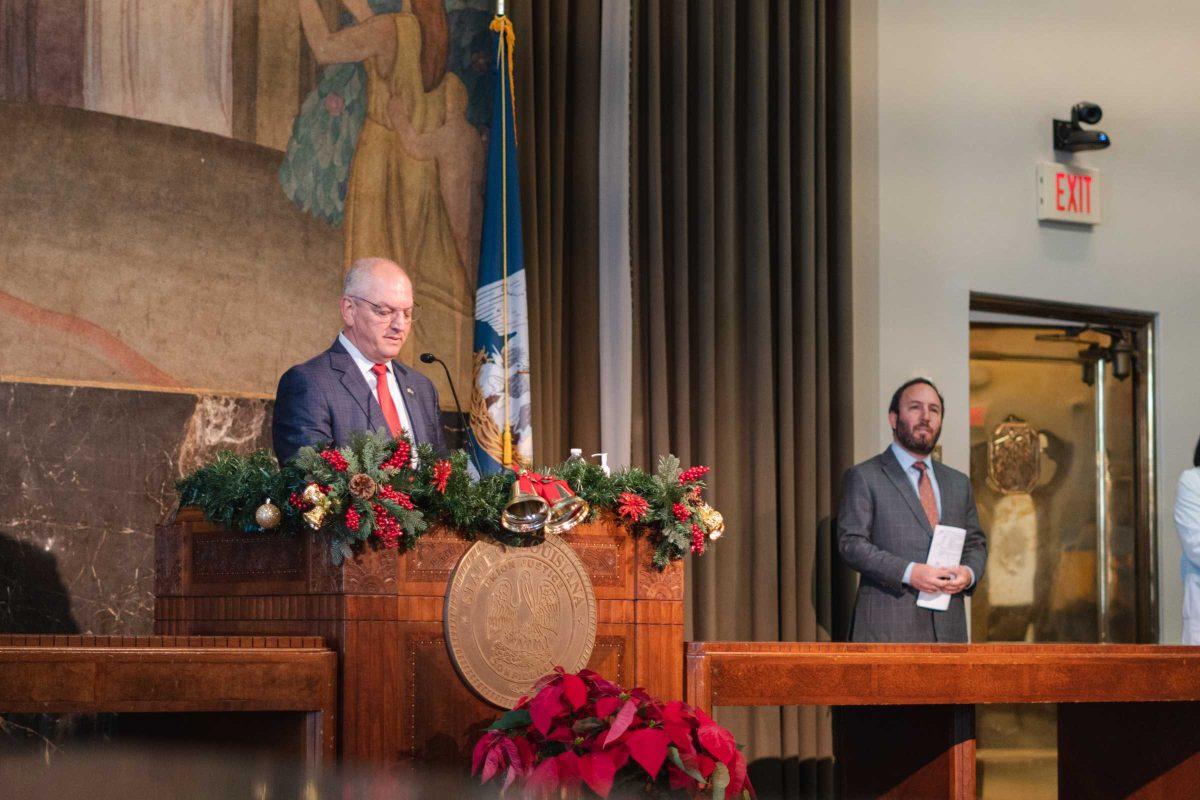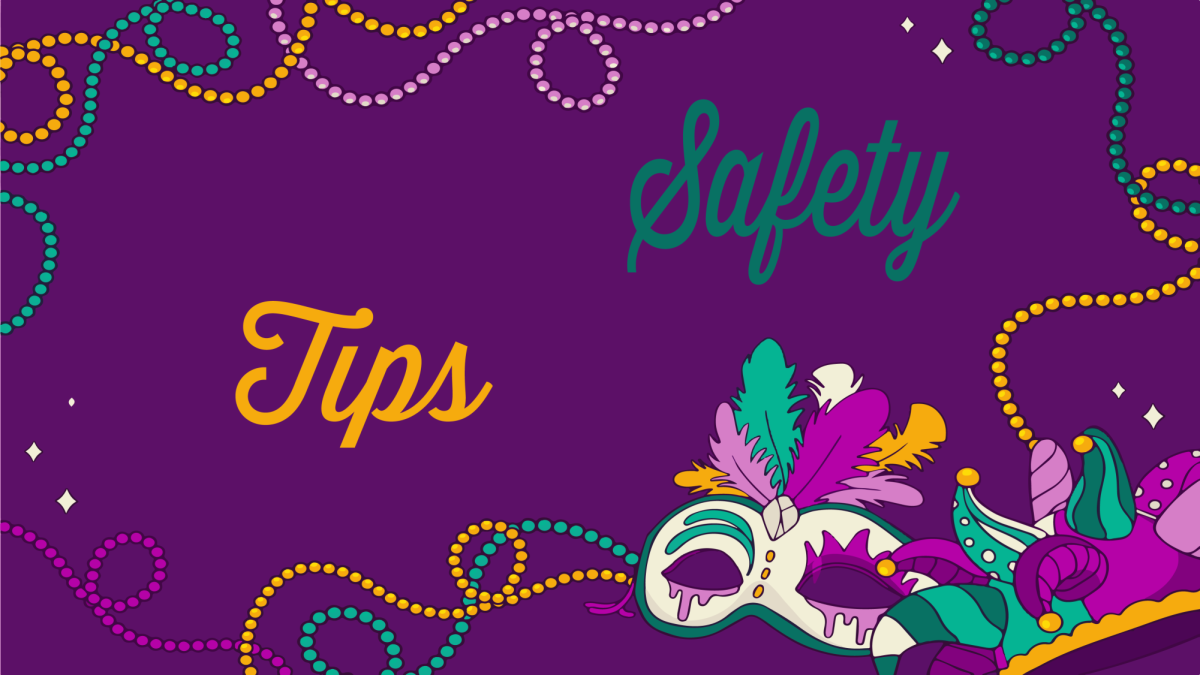The first probable case of the Omicron variant has been detected in New Orleans, according to the Louisiana Department of Health.
The case involves somebody who recently traveled within the United States. The LDH did not say whether the person had been vaccinated.
“We now know omicron is here in Louisiana,” Louisiana health officer Dr. Joe Kanter said. “We have been expecting and preparing for this moment. To all Louisianans, the single best action you can take to protect yourselves and your families is to get yourself and loved ones vaccinated and boosted if eligible.”
The variant was detected on Dec. 3, just hours after Gov. John Bel Edwards and Kanter gave a press conference on the topic.
“I am thinking about this like a storm that is out in the Gulf way, way out,” Kanter said at the press conference. “You don’t know what the track’s gonna be. You don’t know exactly where it’s gonna go. You don’t know exactly how strong it’s gonna be when it gets there. But you’re paying attention. And you’re probably prepared.”
Kanter said that the LDH is teaming up with those who administer PCR tests for COVID-19. The LDH has the capacity to genetically sequence 100% of positive PCR tests, meaning they can determine which positives are of the Omicron variant.
While LSU does administer PCR tests on campus, it’s not yet clear whether they will be participating in the sequencing program.
Both Kanter and Edwards stressed that there is a lot currently unknown about the Omicron variant.
“We don’t have great data about how transmissible this variant will be,” Kanter said. “We don’t know how virulent this variant will be.”
“Everything we know right now about Omicron is because of the transparency, generosity and collaboration with our scientific colleagues in South Africa,” Kanter said. “So we owe them a debt of gratitude.”
Although early reports suggested Omicron is a milder variant, that data came from a cluster of young patients that couldn’t be generalized, Kanter said.
“There are theoretical concerns for increased transmissibility of this variant and resistance to therapeutics,” Kanter said, adding that even if that theoretical case is true, vaccination is still an important part of mitigation, as it’s likely that even a “vaccine resistant” virus will not be 100% resistant.
Both Kanter and Edwards pointed out that Louisiana is in a good place right now, with 213 patients hospitalized, down from a peak of over 2700 hospitalized in April 2020 or over 2600 in August at the height of the Delta variant surge.
“We need to use this timing to our advantage,” Kanter said.
Kanter spoke on the tools used to mitigate COVID-19, including vaccination, therapeutics and new antivirals that are expected to receive emergency use authorization within days.
“All of this builds our arsenal, none of it is a silver bullet,” he said.
Vaccines are available in every parish in Louisiana, including three locations on LSU’s Baton Rouge campus. The Shot for $100 campaign, which gives a $100 gift card to everybody getting their first shot or their booster, has been extended through Dec. 31. Parents of those aged 11 and older are also qualified to receive the gift card.
“The sooner you start the vaccination series, the sooner you will have the protection that you need that will put you in the best possible position to avoid contracting COVID in the first place,” Edwards said.






